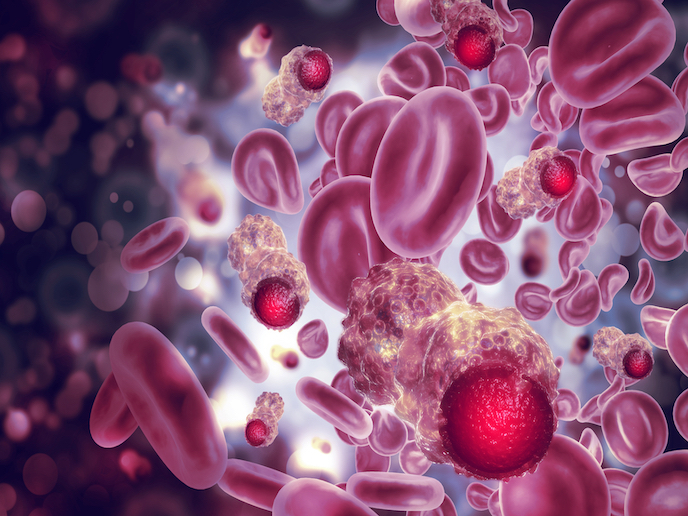The many roads to microbial food contamination
Keeping the food supply clear of contamination or spoilage is becoming increasingly difficult due in part to globalisation and the perishability of food. Products like meat and milk can change hands many times before arriving on the consumer's table. To address this mounting challenge, a pan-European consortium worked to develop a sustainable network. The 'Food safety and hygiene networking within new Member States and Associated Candidate Countries' (Safoodnet) project also set up an expert group for food safety. Collaboration and knowledge sharing would maximise the benefit from the new system. For the food industry, the scientists identified research and technology needs in food processing and packaging. Safoodnet scientists collected data from a whole range of food processing units across Europe. Cypriot food, bakeries in Romania, Slovenian poultry production, selected dairies in Estonia and Turkish food companies came under the microscope. Aware that contamination can also start in marine waters, the researchers conducted a survey in the Finnish gulf. Ready-to-eat meals such as sushi and sandwiches present another potential source of contamination. Consequently, the scientists modelled the preparation of this type of food source that does not require additional treatment. Once food is contaminated with microbes, a reliable method for detection can prevent further spread of the infection. Safoodnet scientists tested matrix-assisted laser desorption/ionisation time-of-flight (MALDI-TOF) mass spectrometry for identifying certain pathogens. Avenues for dissemination included two workshops covering microbial risk assessment and management. A total of three seminars included 'Risk management design and efficient sanitation programmes'. A website at http://safoodnet.vtt.fi/(opens in new window) gave full details of the project and events, future and past.







